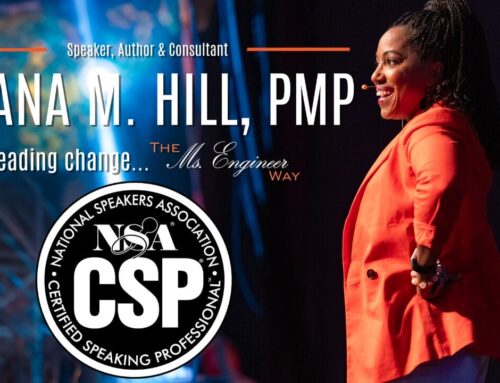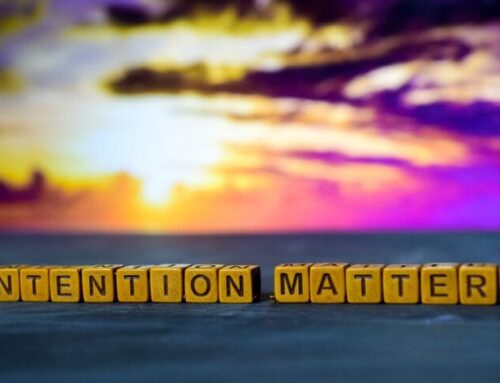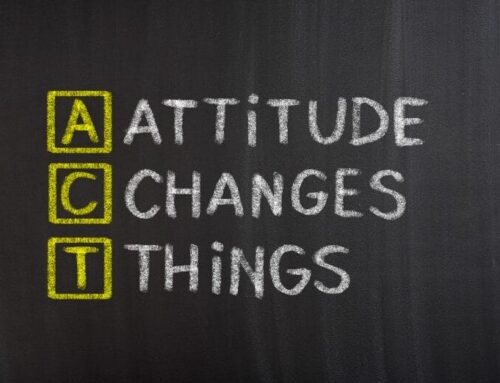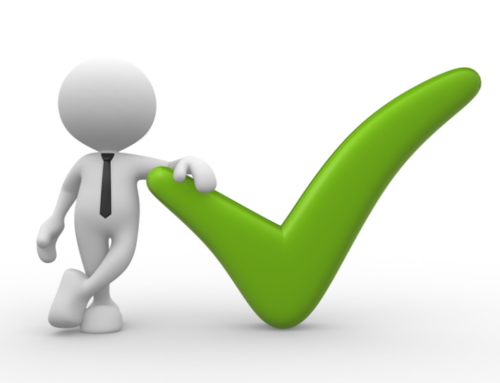I recently took a trip with my husband – what a joy it was to travel again. But what a reminder that marginalized people face multiple microaggressions every day, from the subtle and subconscious to the blatantly damaging.
As we planned our trip, my husband and I had a conversation about upgrading our travel and recounted how often we’ve had the experience where a white attendant – and even white passengers – will say ‘Are you sure you’re in the right line?’. They do not hesitate to question whether we are in the right place. This is one of the many and daily microaggressions (everyday interactions that convey bias toward a marginalized group) we encounter as black people.
Your decision to act is a privilege
Recently a colleague – a white male colleague – acknowledged that he too saw this behavior. He saw a white flight attendant question a black man about his presence in the Premier access line.
My colleague said he had never witnessed that happen to a white person. He had never heard staff question a white traveler’s place in line.
In the moment, my colleague wasn’t sure if he should say something. If he should say to the black man: ‘I see what just happened, and it’s not OK’.
The question he was grappling with was, how do you demonstrate allyship right there, right then?
First and foremost it is about acknowledging that you have witnessed a microaggression. Never perpetuate or validate the behavior. Challenging what’s happening in the moment can be a simple nod of acknowledgment to the offended person, or using your privilege to redirect the offender. That’s a personal call, but ultimately once you see and recognize what is happening it should change how you respond in those moments.
Yes, you can plan ahead
Just like any difficult situation you might face, it is smart to prepare in advance what you will say when you witness a microaggression so you can be an active ally. Here’s some things you might consider saying in the moment:
- That’s not OK
- I don’t agree with what you just said
- Is this person’s race, religion, or identity really relevant to this conversation?
- What you said made me feel uncomfortable.
Note that being an ally doesn’t mean presuming to speak on behalf of the target of the microaggression – no matter how well intentioned. Speak in the first person and address the behaviors rather than the individual. The role of a bystander is not to be a savior or superhero!
In an organizational context you may not be able to call out the behavior in the moment but you can follow it up. Make the conversation a priority. Inaction should not be an option. If something is happening, we all have cell phones… take a cell phone picture, take notes of what you see happening, take notes about who is around and talk to HR as soon as possible.
Awareness leads to action
My first car in college was a zippy red hatchback and, as I drove it around town, I noticed red hatchbacks everywhere – even though there were no more red hatchbacks than there had been the day before! It turns out there’s a name for this – the Baader Meinhof Phenomenon (also called the Frequency Illusion). It happens when you see, buy or learn something new and suddenly you see it everywhere. It can be harnessed to help you discover and engage the opportunities that are important to you. Once you are aware of microaggressions and offensive behavior you will notice it more. Use this new awareness to be an ally and act, in the moment.
The only way to undo racism is to constantly identify and describe it
– and then dismantle it.Ibram X. Kendi






